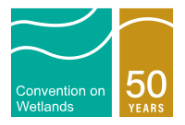About - WWD2021
World Wetlands Day 2021
Wetlands and Water
This year’s theme shines a spotlight on wetlands as a source of freshwater and encourages actions to restore them and stop their loss.
We are facing a growing freshwater crisis that threatens people and our planet. We use more freshwater than nature can replenish, and we are destroying the ecosystem that water and all life depend on most – Wetlands.
The 2021 campaign highlights the contribution of wetlands to the quantity and quality of freshwater on our planet. Water and wetlands are connected in an inseparable co-existence that is vital to life, our wellbeing and the health of our planet.
World Wetlands Day
2 February each year is World Wetlands Day to raise global awareness about the vital role of wetlands for people and our planet. This day also marks the date of the adoption of the Convention on Wetlands on 2 February 1971, in the Iranian city of Ramsar on the shores of the Caspian Sea.
Wetlands
Wetlands are land areas that are saturated or flooded with water either permanently or seasonally. Inland wetlands include marshes, ponds, lakes, fens, rivers, floodplains, and swamps. Coastal wetlands include saltwater marshes, estuaries, mangroves, lagoons and even coral reefs. Fishponds, rice paddies, and saltpans are human-made wetlands.
How you can get involved
Join us as: an event organizer, educator or participant
- Organize an event
- Organize a webinar, zoom conference or open day at a Wetland Centre or Wetland of International Importance.
- Invite wetland experts to explain the role of wetlands for freshwater
- Hold an exhibition to present and show case arts or photographs about wetlands.
- Organize a community walk, bike or run for wetlands.
- Plan a wetland clean-up day.
- Organize a photo or essay competition.
- Visit a Wetland of International importance in your country.
- Raise public awareness
- Share the outreach materials on your website, social media, newsletters or bulletin boards etc.
- Use the InDesign files to create your own materials such as T-shirts, Caps, Banners, etc.
- Translate the information materials provided into your own language.
- Write a blog or article in your local paper.
Organize a classroom discussion
- Get students to think about how wetlands naturally help us cope with climate change.
- Hold a discussion on why wetlands continue to be degraded around the world and what actions are necessary to stop this loss.
- Organize a quiz about the different types of wetlands. Use the exercise to highlight the other multiple benefits of wetlands to people such as providing water, source of livelihoods.
- Organize a colouring competition for children.
- Play our memory game as a family or as a classroom activity.


